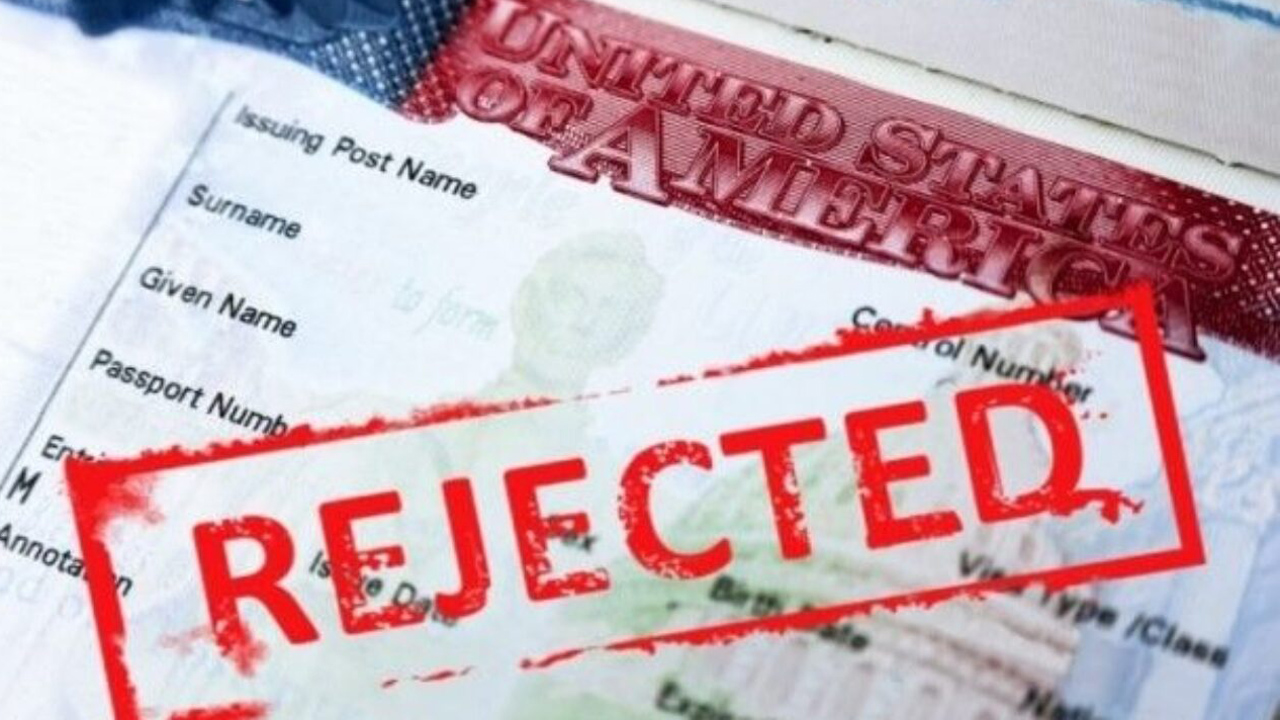The former General Manager, Corporate Affairs of the Federal Airports Authority of Nigeria (FAAN), Yakubu Dati, has warned that the growing rivalry among key aviation agencies in Nigeria poses a serious threat to air safety and operational efficiency.
Also, Chairman, House Committee on Safety Standards and Regulation, David Zacharia, said that safety compliance was necessary in sustaining a safe aviation environment.
Speaking on Wednesday at the Federal Airports Authority of Nigeria (FAAN) 2025 Safety Week with the theme: ‘Navigating Conflict for a Safer Aviation,’ in Lagos, Dati who is also the Chairman of the Federal Polytechnic Ayade, Ogbomoso, Oyo state, in his keynote address, said that inter-agency collaboration and cooperation would enhance safety and industry compliance in the system.
According to him, inter-agency conflicts and overlapping responsibilities among regulatory and operational bodies – such as the Nigeria Civil Aviation Authority (NCAA), FAAN, Nigerian Airspace Management Agency (NAMA), Nigerian Meteorological Agency (NiMet) and the Nigerian Safety Investigation Bureau (NSIB) – had continued to create tension, duplication of efforts and safety coordination lapses within the aviation ecosystem.
“Aviation safety is built on synergy, not rivalry. When agencies compete for relevance instead of cooperating for safety, the system becomes vulnerable. The true danger is not conflict itself, but our inability to manage it constructively,” he said.
He emphasised that the multiplicity of roles and the struggle for jurisdictional dominance among agencies often resulted in conflicting directives, delayed responses to emergencies, and breakdowns in safety communication.
He cited instances where confusion over investigative or regulatory authority had led to operational inefficiency and weakened Nigeria’s compliance with international standards.
He added that conflicts in aviation governance were not just administrative concerns, but direct safety issues that could disrupt coordination between critical units such as air traffic control, airport management and regulatory oversight.
He noted that the International Civil Aviation Organisation’s (ICAO) Annexe 13 and ICAO Doc 10117 emphasised the need for independent investigation, transparent communication, and collaborative problem-solving between institutions responsible for aviation safety.
Besides, he challenged the Ministry of Aviation and Aerospace Development to spearhead reforms that would foster unity among agencies through clear demarcation of responsibilities, joint crisis simulations, and shared safety data platforms.
He recommended the creation of a National Aviation Safety Coordination Council, where heads of all aviation parastatals would routinely review emerging safety risks and resolve institutional conflicts before they escalate.





